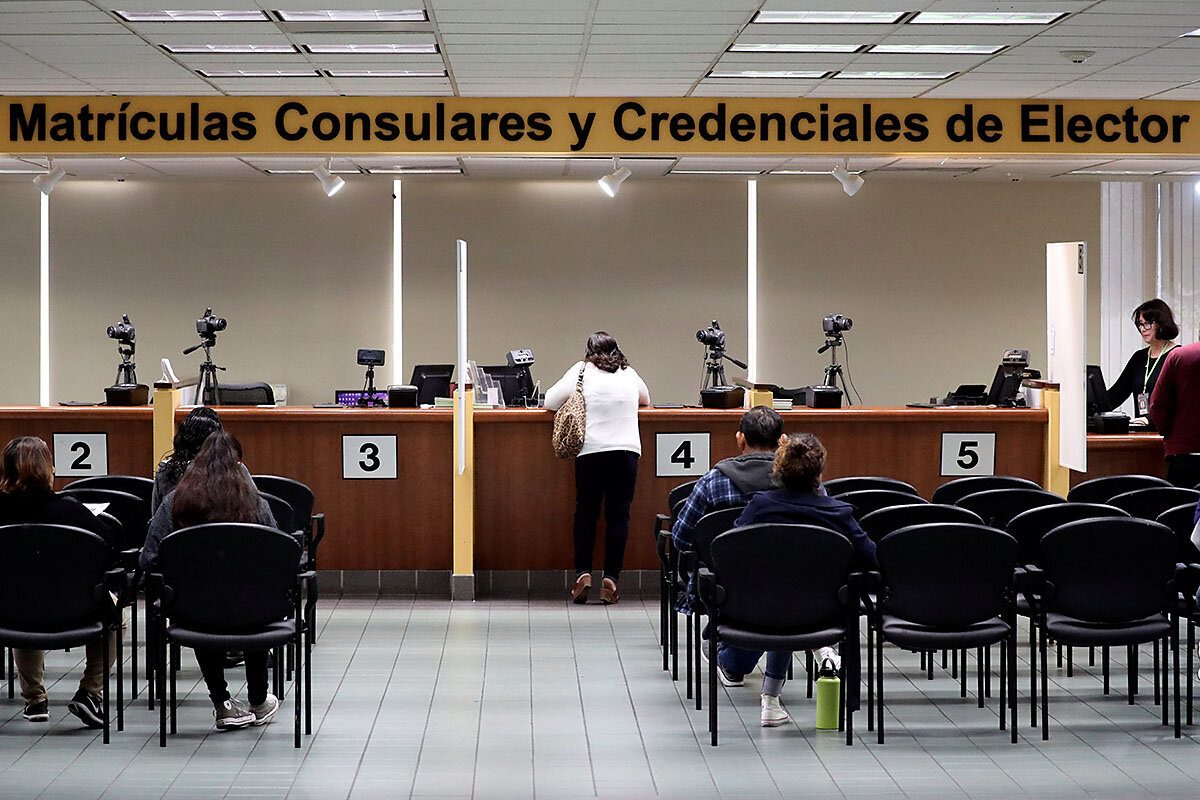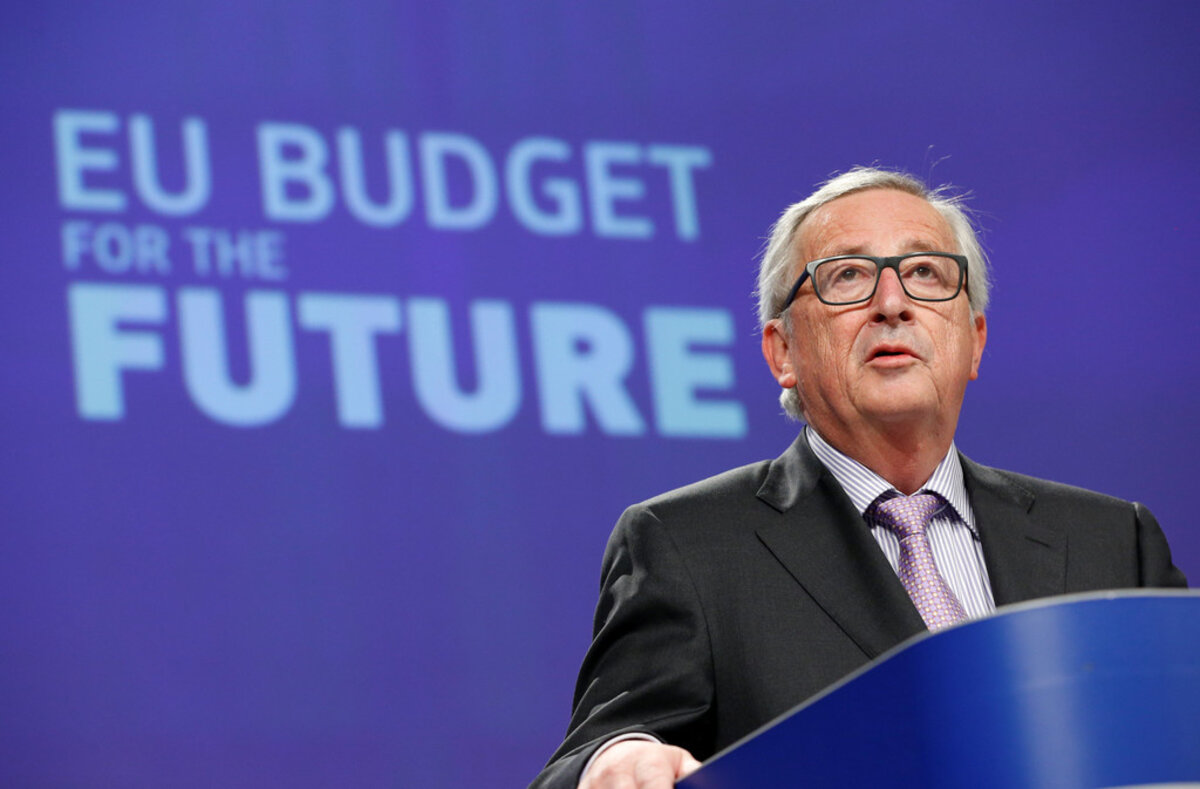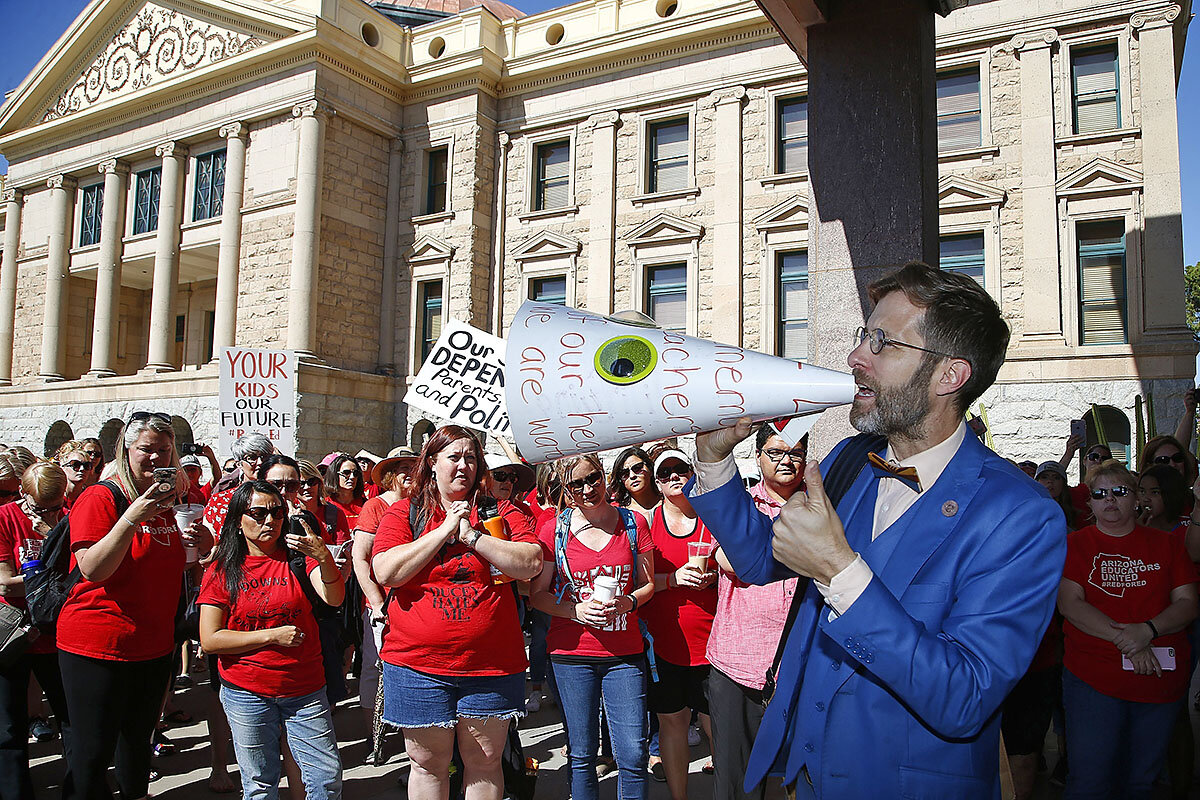A new British law could have big ripple effects as part of a global trend toward financial transparency. Disclosure of who really owns offshore companies can counter crime and reduce the inequality that arises from corruption or tax evasion.
Monitor Daily Podcast
- Follow us:
- Apple Podcasts
- Spotify
- RSS Feed
- Download
 Noelle Swan
Noelle Swan
Readers of The New York Times may have noticed something unusual in today’s paper: a full-page ad promoting the BBC News, Italy's la Repubblica, and The Wall Street Journal.
The ad is part of a broader campaign dozens of news outlets are running on Thursday to mark the 25th World Press Freedom Day.
The importance of a diverse press has become a well-worn refrain in the United States this past year. But in much of the world, the idea of any free press is far less certain. Only 13 percent of the global population enjoys a free press, according to watchdog Freedom House.
Journalism can be a rewarding profession, but it can also be dangerous. On Monday, the global journalism community was rocked by news that nine journalists covering a suicide bombing in Kabul, Afghanistan, were killed in a second explosion that erupted amid a crowd of reporters.
But journalists are a dedicated and loyal lot. So on this World Press Freedom Day, we at the Monitor would like to join our comrades in ink and invite you to “Read more. Listen more. Understand more.”
You might start with this story from German broadcaster Deutsche Welle about African journalists using drones to expose government lies, this examination of progress in America from The Atlantic, or this BBC Thai piece on an orchestra that fights bloodshed with music.
Now on to our own five stories for today, examining the global quest to plug the flow of dirty money, an evolution in expatriated Mexicans’ sense of duty to their home country, and a troubled tribal town in Jordan’s efforts to lift the region up from underdevelopment, unemployment, and unrest.











